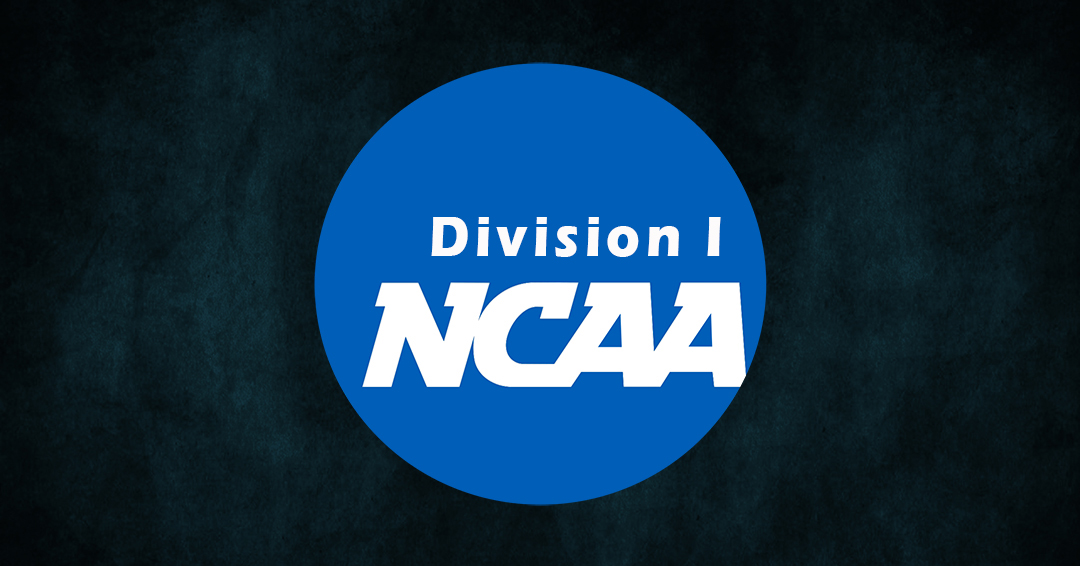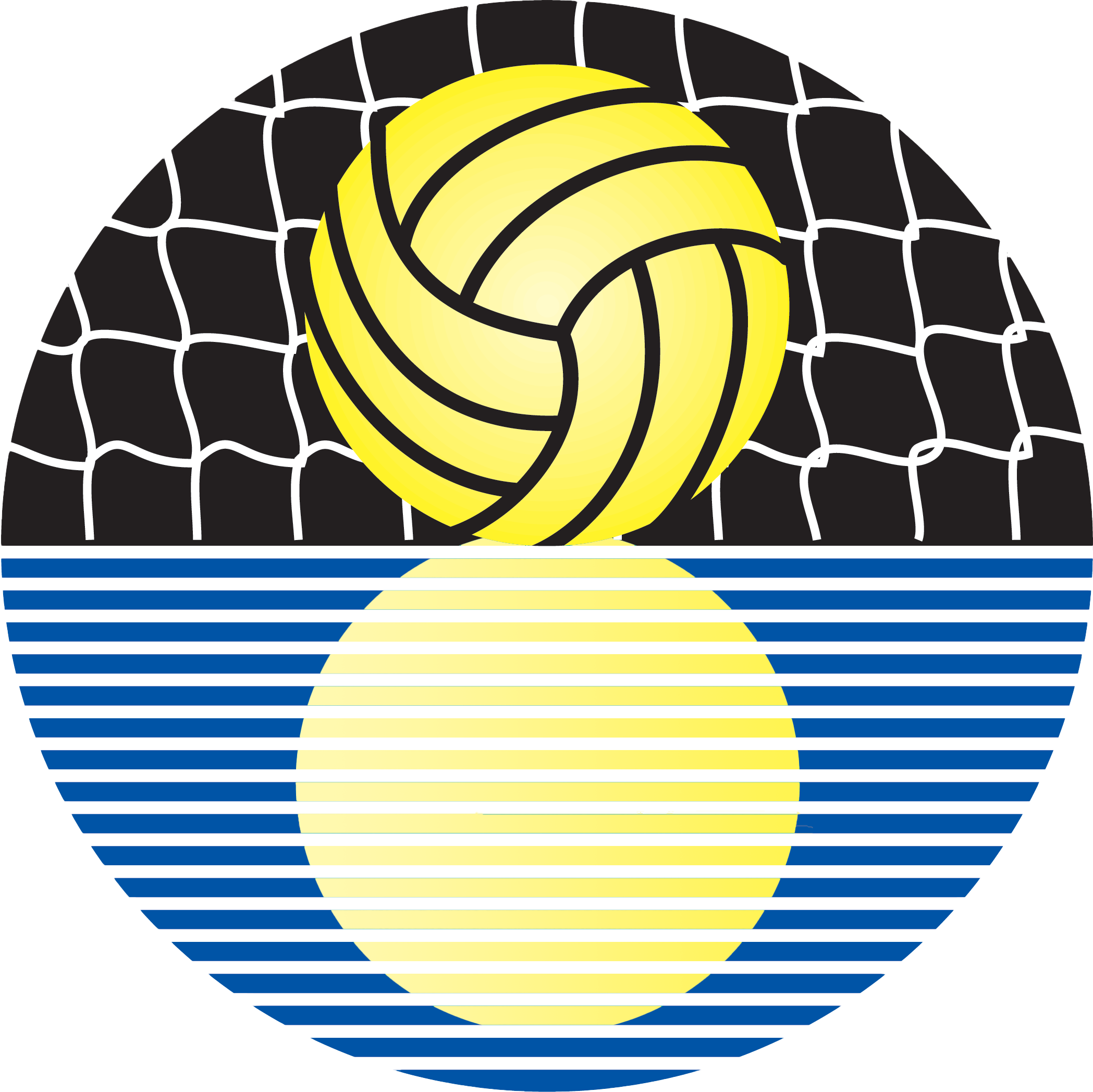INDIANAPOLIS, Ind. — The National Collegiate Athletic Association (NCAA) Division I Board of Directors adopted the first group of Transformation Committee recommendations aimed at allowing schools to provide more benefits to student-athletes. While generally supportive of elements of the transfer package, the board took no action on changes to transfer rules during the meeting.
Schools now are empowered to support student-athletes in a variety of ways without asking for waivers, including providing support needed for a student-athlete’s personal health, safety and well-being; paying for items to support a student’s academic pursuits; purchasing insurance of various types (including loss-of-value and critical injury); and funding participation in elite-level training, tryouts and competition. The benefits proposal is effective immediately.
The board agreed to revisit the transfer package after the Transformation Committee addresses issues that have been raised by the Division I membership, including the Division I Student-Athlete Advisory Committee and Division I Council. Council members last month endorsed several Transformation Committee recommendations, including the transfer rule changes, updates to the infractions process and the benefits package.
The board requested additional consideration of the concepts related to transfer, particularly the concept that would allow for immediate eligibility after more than one transfer. The concept would create an “academic eligibility exception” that requires student-athletes to be academically eligible at both the school they are leaving and the one to which they are going in order to compete immediately after transferring. This would ensure a student-athlete was on track to earn a degree at the former school and is bringing enough credit to the new school to stay on track to graduate on time/within five years.
The transfer package also would implement transfer portal “entry windows,” or periods of time in which student-athletes must provide their school with written notification of transfer to be eligible to compete immediately the following academic year.
The Division I SAAC raised concerns about the transfer windows, calling them unnecessarily restrictive and requesting additional study, including the potential addition of a fall window for spring sport student-athletes. Board member Brynn Carlson, who plays volleyball at Missouri, stressed the importance of the academic eligibility exception and financial aid components of the transfer concept.
“SAAC fully supports several aspects of the transfer concept, but we believe that transfer windows unnecessarily restrict student-athletes’ freedom of movement,” Carlson said. “The current one-time transfer exception for all sports is already a transformational concept that has only been in place for a single academic year. Additionally, student-athletes in sports other than basketball, FBS football, baseball and men’s ice hockey have never been subjected to the level of restrictions that are presented by the transfer window concept. We believe that additional time is needed to allow the transfer environment to stabilize without the need for transfer windows.”
Under the proposed transfer package, students in a winter or spring sport could provide written notification of transfer the day after NCAA championship selections in that sport for 60 calendar days. In fall sports, two separate windows would provide a total of 60 calendar days. The first window would be 45 days beginning the day following championship selection, and the second would be from May 1 to May 15. Reasonable accommodations will be made for participants in the Football Bowl Subdivision and Football Championship Subdivision championship games.
“We have some questions about the proposed transfer package, and we will take up this topic again on Aug. 31 at our next meeting. Many of us have concerns about the impact name, image and likeness is having on the transfer process, and we want further analysis on that issue and its potential impact on graduation rates before taking action,” said board chair Jere Morehead, president at the University of Georgia.
Additionally, schools that accept four-year transfer students receiving financial aid would be required to provide financial aid to the student-athlete through the completion of the student’s five-year period of eligibility or undergraduate graduation, whichever comes first, unless the student transfers again or engages in professional athletics opportunities. The student would continue to count against financial aid limits unless the student is medically disqualified, exhausts eligibility, transfers or engages in professional athletics opportunities.
The board meets next August 31 to consider the transfer package, as well as proposed changes to improve the infractions process.
Release courtesy National Collegiate Athletic Association (NCAA)




